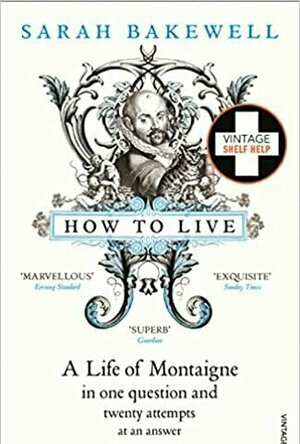
How to Live: Or A Life of Montaigne in One Question and Twenty Attempts at an Answer
Book
How to get on well with people, how to deal with violence, how to adjust to losing someone you love?...

We Tell Ourselves Stories in Order to Live: Collected Nonfiction
Book
Joan Didionâ€s incomparable and distinctive essays and journalism are admired for their acute,...
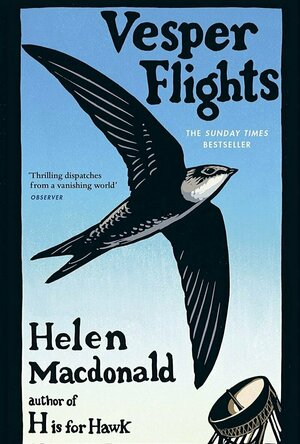
Vesper Flights
Book
Animals don't exist to teach us things, but that is what they have always done, and most of what...
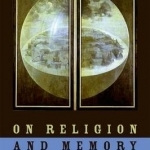
On Religion and Memory
Babette Hellemans, Willemien Otten and Burcht Pranger
Book
This volume takes up the challenge implied in Augustine's paradox of time: How does one account for...
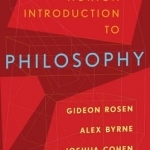
The Norton Introduction to Philosophy
Joshua Cohen, Gideon Rosen, Alex Byrne and Seana Valentine Shiffrin
Book
Edited by a team of four leading philosophers, The Norton Introduction to Philosophy introduces...
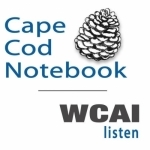
A Cape Cod Notebook from WCAI
Podcast
A nature writer living in Wellfleet, Robert Finch has written about Cape Cod for more than forty...
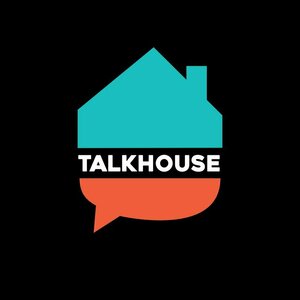
Talkhouse Podcast
Podcast
Talkhouse is a media company and outlet for musicians, actors, filmmakers, and others in their...
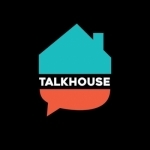
Talkhouse Podcast
Podcast
Talkhouse is a media company and outlet for musicians, actors, filmmakers, and others in their...
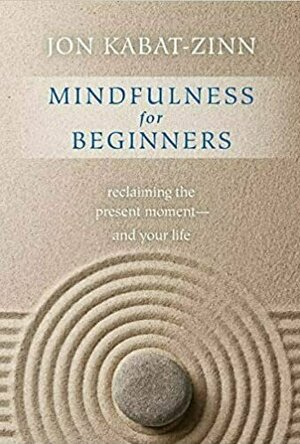
Mindfulness For Beginners
Book
The perfect starting place to learn about mindfulness. Presents the key attitudes and practices that...
Hazel (1853 KP) rated Divergent Thinking: YA Authors on Veronica Roth's Divergent Trilogy in Books
Dec 17, 2018
<i>This eBook was provided by the publisher via NetGalley in exchange for an honest review</i>
For fans of Veronica Roth’s <i>Divergent</i> series here is a book that delves deeper into the trilogy. Commonly referred to as “the next <i>Hunger Games</i>” Leah Wilson has compiled together several essays that treat <i>Divergent</i> in its own right. <i>Divergent Thinking: YA Authors on Veronica Roth’s Divergent Trilogy</i> is full of a variety of ideas each expressed by a different well-known author.
Although <i>Divergent</i> is a dystopian novel leaning heavily towards the science fiction genre, the essays in this book compare the storyline and its components with reality. Through the complex heroine, Tris, the reader learns about family values, friendships, secrets and lies – all of these things being something that is experienced within everyone’s lives.
What are really interesting are the various authors’ perceptions on Roth’s use of factions - from this stem essays on personality types, life choices, psychology, bravery and science. <i>Divergent Thinking</i> is full of thought-provoking ideas that many readers would not have considered when first reading the trilogy. These authors make the reader think more about their own lives in relation to Tris and Tobias’. Most importantly Wilson’s compilation draws attention to the amount of research Roth must have done in order to create a dystopian future.
What is particularly good about this book is that the authors treat the characters as people in their own right with their own personalities and opinions. Instead of criticizing the way Roth has portrayed someone they comment instead on how they disagree with a particular characters thought or action. This proves, in a way, the brilliance behind Roth’s writing. Through reading <i>Divergent</i> we are not only staring at a page of writing, we are drawn directly into the storyline.
To be able to appreciate the essays included in this book readers need to already have a good understanding of the original novels, in other words read the trilogy first. There are also many spoilers for those who have not yet reached the final installment, <i>Allegiant</i>. It would also help to be a fan of <i>Divergent</i> as all these authors clearly are. Overall this is such a fascinating read. Some chapters are more interesting than others but that will also depend on the reader. If you prefer science and facts there are essays in here for you, likewise if you prefer a more personal touch there is something for you too.
